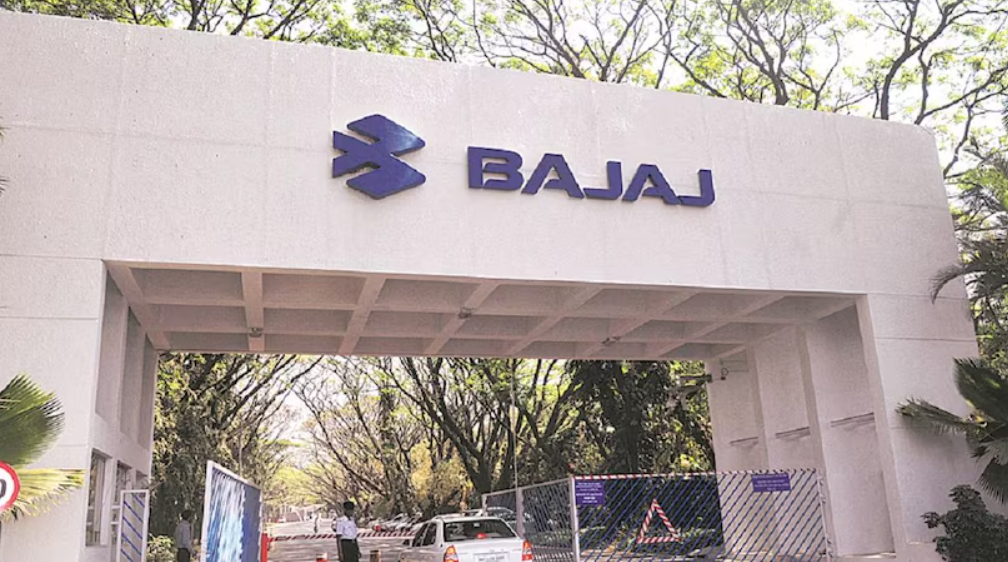
Introduction: Bajaj Auto shares witnessed a sharp plunge of over 10% on Thursday, October 17, following the company's announcement of its Q2FY25 results. The auto major’s stock fell as much as 10.88%, reaching ₹10,352.70 apiece on the BSE. Despite the sharp decline, Bajaj Auto has delivered impressive returns over the past year, rallying over 53% year-to-date (YTD) and providing multibagger returns of more than 101% in the last year.
Q2 Results Overview: Bajaj Auto reported a standalone net profit of ₹2,005.04 crore for the second quarter of FY25, marking a 9.2% increase from ₹1,836.14 crore in the same period last year. The company's total revenue from operations also saw significant growth, rising by 22% year-on-year (YoY) to ₹13,127.47 crore from ₹10,777.27 crore.
In terms of profitability, Bajaj Auto's EBITDA increased by 24.4% YoY to ₹2,652.4 crore, with the EBITDA margin improving slightly by 40 basis points to 20.2% compared to 19.8% in the year-ago period.
However, despite these positive financials, the company faced challenges due to lower Average Selling Price (ASP) and muted two-wheeler retail growth, particularly in the 125cc category, which impacted investor sentiment.
Market Reactions and Analyst Views: The decline in Bajaj Auto's share price has sparked differing opinions among analysts:
Emkay Global Financial Services downgraded Bajaj Auto from ‘Reduce’ to ‘Sell,’ citing lower ASP and market share loss in the two-wheeler segment. They revised their target price to ₹9,500 per share, implying an 18% downside from the current price.
Citi also maintained a ‘Sell’ rating on the stock, with a more bearish target of ₹7,800 per share, suggesting a 32% potential downside. The foreign brokerage highlighted a slight miss in ASPs and gross margin, which contributed to their cautious stance.
On the other hand, some analysts remain bullish:
Technical Analysis: From a technical perspective, Bajaj Auto shares have tested their 100-Day Moving Average (DMA) at ₹10,328 following the sharp fall. According to Milan Vaishnav, founder of ChartWizard FZE and Gemstone Equity Research, the stock appears to be in a mildly oversold zone and may be forming a base. He advises traders to add Bajaj Auto shares in small quantities with a stop loss below ₹10,000. He sets the stop levels between ₹9,800 and ₹10,000.
Key Takeaways:
Conclusion: The sharp fall in Bajaj Auto shares after its Q2 results has created mixed reactions in the market. While some brokerages remain cautious due to challenges in the two-wheeler segment, others are optimistic about the company's long-term prospects, particularly in the electric and CNG vehicle markets. Investors should weigh the short-term volatility against the company’s future growth potential when making decisions.